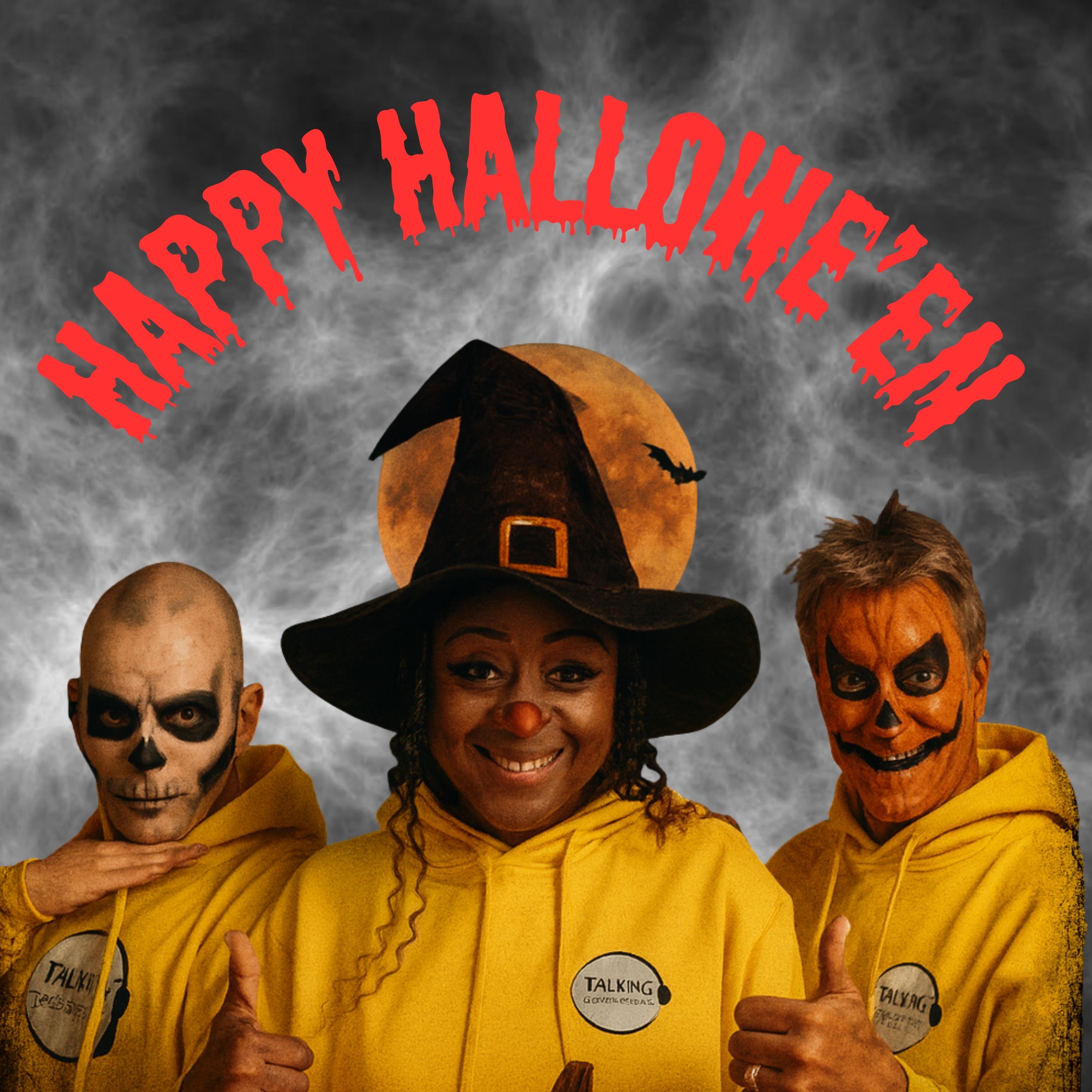How Did Halloween Become Big Business?

Halloween has crept far beyond trick-or-treating. For the UK’s hospitality and events sector, it’s now one of the most lucrative (and creative) weeks of the year. But behind the costumes and cocktails lies a smart business lesson — those who plan early, theme cleverly, and avoid the clichés, win.
Setting the Scene
Once upon a time, Halloween was something you celebrated at school — a pumpkin on the doorstep, a plastic mask, maybe a toffee apple if you were lucky. Fast forward to 2025, and it’s a fully-fledged event season for hospitality.
Bars, restaurants, and hotels now compete for the most Instagrammable Halloween experience — from “ghoulish” menus to immersive events. But this isn’t just fun and games. In 2024, UK consumers spent over £1.2 billion on Halloween — a figure that’s doubled in less than a decade. And the hospitality industry has carved out a large share of it.
The Rise of the ‘Adult Halloween’
What used to be a children’s celebration has evolved into a playground for grown-ups. Think themed cocktails, masquerade dinners, murder-mystery nights, and spooky supper clubs.
Why the shift? Simple — nostalgia with spending power. Millennials and Gen Xers, the generations that grew up on Goosebumps and Buffy, now have disposable income and a craving for experience-led leisure. Halloween provides the perfect excuse to spend on something seasonal, social and sharable.
How Hospitality Turned Spooks into Sales
-
Immersive Storytelling. Venues like The Alchemist and The Last Tuesday Society have mastered Halloween’s theatricality — using sound, lighting, and interactive menus to turn a night out into an experience.
-
Themed Menus That Actually Sell. It’s not about black food dye anymore — it’s creative reinterpretation. Dishoom once offered “Midnight Chai Martinis” while boutique hotels served “Dark Chocolate & Blood Orange Tart” as a limited-time dessert.
-
Events for All Ages. Family-friendly brunches by day, DJ nights by dusk. Sketch London and The Ivy Asia prove that Halloween can span generations without diluting brand identity.
-
Cross-Industry Collaboration. Costume shops, florists, and local breweries often team up for Halloween pop-ups — a great way to reach new audiences while keeping costs shared.
Every event tells the same story: a well-executed theme equals high engagement and repeat business.
Where Many Go Wrong
Let’s be honest — not every Halloween activation hits the mark. Themed nights can quickly veer into tacky or predictable if not thought through. Plastic spiders and fake cobwebs don’t translate to premium experience.
The key? Subtle storytelling. Create atmosphere through lighting, sound, and service touches — not props. Guests want sophistication, not school disco nostalgia.
And sustainability matters. With so much waste from single-use decorations and costumes, there’s an opportunity for eco-conscious creativity. Upcycled materials, candlelit ambience, and digital décor can all replace plastic-heavy sets.
Hospitality Lessons Behind the Mask
There’s a deeper lesson in Halloween’s commercial success — it shows how quickly guest expectations evolve. Consumers crave novelty and narrative. They don’t want “another themed night”; they want to feel part of a story.
This mindset applies beyond Halloween. The same principles drive success for Valentine’s, Diwali, Pride, Christmas — any key calendar event. Create experiences that tap into emotion, not gimmicks, and the profits follow.
Quick Wins for Next Year’s Halloween
-
Start in Summer. The best Halloween campaigns begin planning in July — especially if you’re coordinating suppliers and social media partnerships.
-
Design an Experience, Not a Theme. Give your event a storyline — “The Haunted Ballroom,” “Midnight Banquet,” “Trick or Treat Tasting.”
-
Use Lighting Wisely. Switch harsh orange lights for candle flicker or LED projections. Subtle wins.
-
Track and Reuse. Measure what sells (cocktails, desserts, packages) and reuse successful concepts annually with small twists.
Final Reflection
Halloween might come wrapped in fake cobwebs and puns, but at its heart, it’s a masterclass in experiential marketing. When done with imagination and care, it reminds us that hospitality at its best is theatre — where every detail, from the lighting to the laughter, tells a story.



